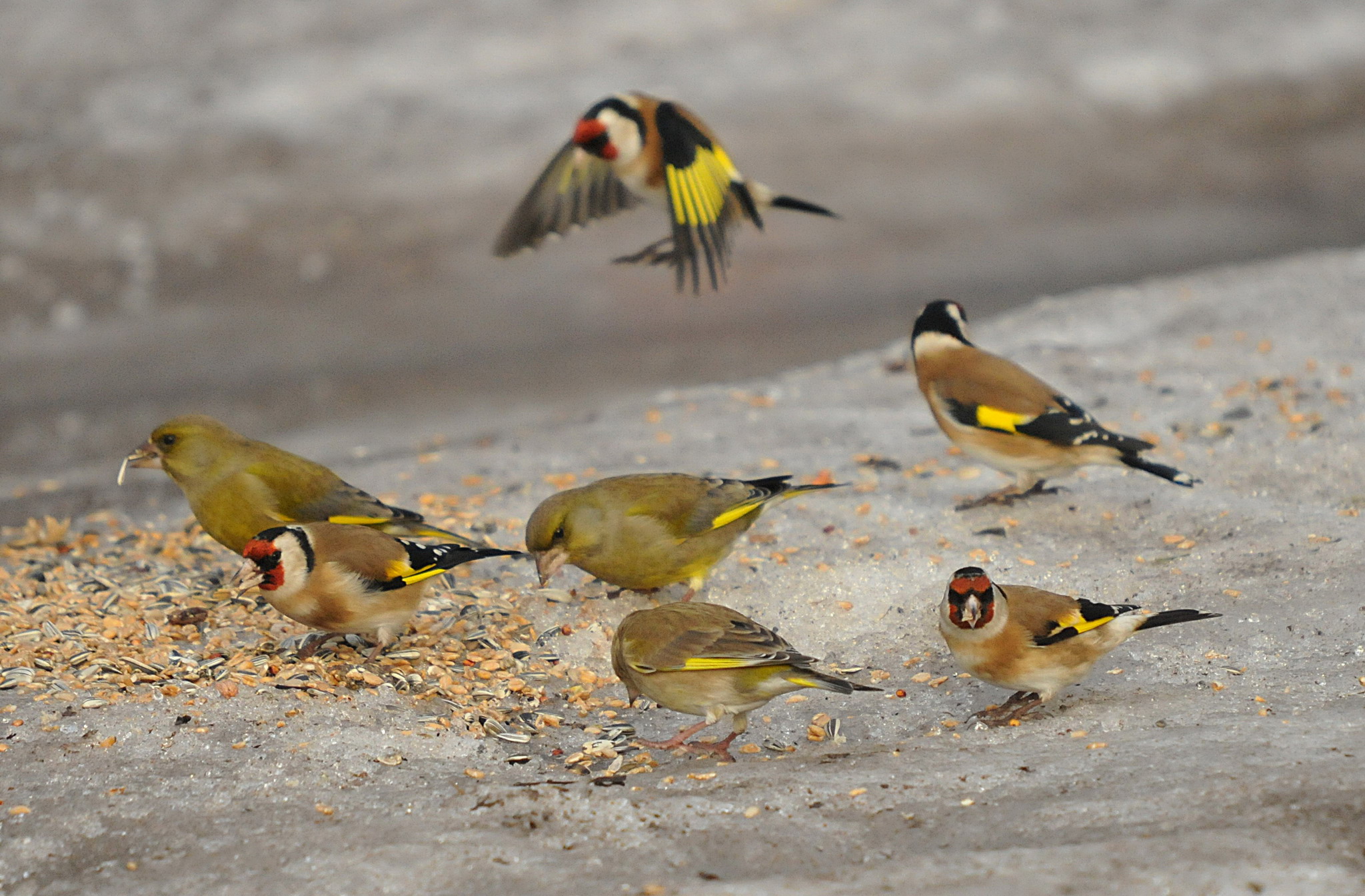News & Events
Latest News
Volunteer Programme April 2019 - September 2019
17.05.2019
Screening For Life Walk 01/07/2015
18.06.2015
Facebook Page
Looking After Wildlife this Winter
Date: 20.12.2012
Type: Biodiversity
Gardens are vitally important for much of our wildlife during winter, and throughout the year. In a small area, gardens mimic a variety of habitats in the wider countryside and provide food and shelter for a range of species.
 As the days become shorter and temperatures drop over the winter months it becomes harder for much of our wildlife to survive. Food is scarcer and the low temperatures mean it takes more energy just to stay warm. Some species spend the winter in hibernation to conserve energy, but others are still active throughout the cold weather.
As the days become shorter and temperatures drop over the winter months it becomes harder for much of our wildlife to survive. Food is scarcer and the low temperatures mean it takes more energy just to stay warm. Some species spend the winter in hibernation to conserve energy, but others are still active throughout the cold weather.
During the winter, many birds visit gardens in search of food. You can help them by providing high energy foods like fat balls, nuts and seeds. Once you’ve started putting out food, though, please continue until spring because the birds will come to rely on it. Delay trimming hedges until late winter so that berries and hips are available for birds, and leave seed heads on plants. If you put out water, stop it freezing by floating a ping-pong ball on the surface.
According to Denbighshire Countryside Service’s Biodiversity Officer, Lizzy Webster, “leaving out food will attract birds into your garden that you won’t see at other times of year, and in bigger numbers too. Goldfinches and long-tailed tits are some of my favourites”.
If you want to encourage wildlife to use your garden, don’t be too tidy! Tidying up during the winter can also disturb creatures meaning that they have to expend extra energy finding somewhere else to shelter. A log or stone pile can provide somewhere for creatures like toads and newts to hibernate over winter.
For more information about looking after wildlife this winter, please contact our biodiversity team on biodiversity@denbighshire.gov.uk or 01824 708263.



